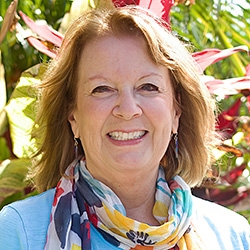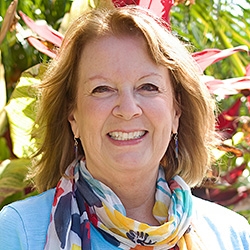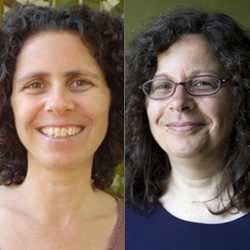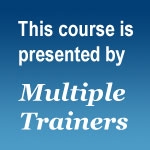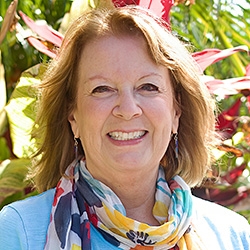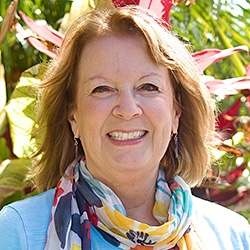

Search Results: nvc
-
Learn quick self-empathy techniques to notice your sensations, feelings, and needs.
-
-
- Move beyond anger, blame and judgment…
- Make sense of the baffling or offensive people in your life…
- Deepen your compassion for yourself and others… and
- Transform your old thought and speaking patterns into new ones that inspire harmony and fun!
-
This article aims to discuss shifting fully from power-over to sharing power in families; turning power struggles into dilemmas. It focuses on the topic of living in a partnership paradigm as a family...
-
True inner freedom arises from self-connection. Without self-connection, we're mostly acting from habits, and those habits do not necessarily attend to our own needs. Here's a practice you can explore in your daily life to deepen your relationship with yourself, and experience true choice and inner freedom.
-
Discover your unique role in creating a world where everyone’s needs matter.
-
- Welcome unpleasant feelings and meet their flow in and around the body
- Discover how you can enjoy Anger as a beautiful life force
- Realize insecurity and depression as a door to the core of your humanity
- Know how to use fear to firmly connect to your life and strength
-
- Learn how to use empathy to dissolve conflict
- Deepen your NVC skills to help let go of judgments
- Explore approaches for asking for what you want
- Listen to the conflict within yourself
-
Learn how clarifying the needs behind ‘shoulds’ can ease conflict, grief, and family challenges.
-
Rita learns the power of silent empathy while visiting her daughter and offering unsolicited advice.
-
Explore what blocks us from speaking truth and how honesty builds trust and growth.
-
Cunningham explains participatory/onlooker consciousness, plus feelings, needs, and NVC dialogues.
-
Using his own life experience, Eric explores why we need support from others, what support might look like, and what blocks us from asking for support for our relationships.
-
Connection requests focus on the quality of connection between people instead of on any particular strategy or solution. While the core motivation for a connection request may be connection with the other person, varied internal states and needs may help guide us toward different types of connection requests. Self-connection and understanding of our motivation in making a connection request can therefore greatly support our capacity for discovering and articulating what specifically we want from the other person that we believe may contribute to connection.
-
Experience NVC tools for mediating conflict—whether you're involved or supporting others.
-
Apply NVC mediation skills in child-related conflicts, for parents, teachers, and others.
-
Trainer Tip: Anger can be an opportunity to hear the "Please" behind the words and create a path to resolve conflicts compassionately.
-
Trainer Tip: Knowing the difference between what we need and what we want someone else to do about that need can have a profound impact on our relationships and our happiness.
-
Learn to recognize four forms of thinking and speaking that are likely to lead to disconnection.
-
In our fast-paced, busy lives it is tempting to practice NVC mostly with the left hemisphere of the brain, thinking through the steps quickly without slowing down to connect more deeply with feelings and needs. Don't miss an opportunity to integrate the hemispheres of the brain and the valuable information from the neural networks in the heart and gut.
Quick Links

Stay in Touch!
We value your privacy, won't share your email address and you can easily unsubscribe any time.

